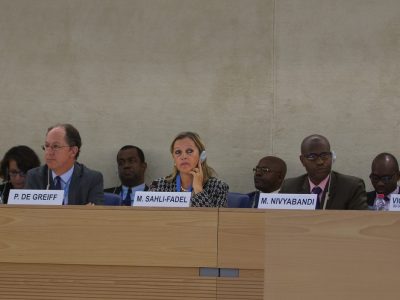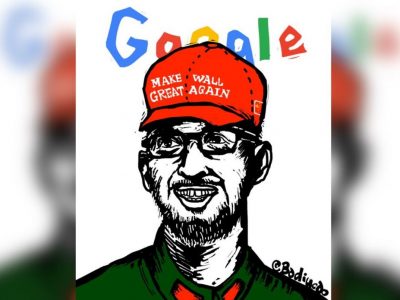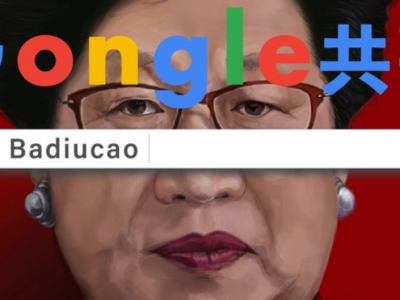Stories about Censorship from October, 2018
Brazilian journalists face hacking, doxxing and other threats as election draws near
141 cases of threats and violence against journalists have been registered during the coverage of 2018 elections.
Death by bureaucracy? Russian regulators slap independent news site with sky-high fine
"It obviously means bankruptcy and imminent closure for the magazine."
No more photos of sleeping MPs? New rules restrict what media can cover in Tasmania Parliament
"Who do these politicians think they are? They are elected by the public, and the public is absolutely entitled to see how they behave."
Will Syria follow in the UAE's footsteps and censor VoIP services?
A policy banning VoIP services will present a direct threat to Syrians’ rights to privacy and freedom of expression.
Burundi clamps down on international NGOs and rejects human rights criticisms
In September, the National Security Council announced all NGOs – except in hospitals and schools – were suspended for three months from October 1, and mining companies for one month.
In Iran, state-sanctioned messaging apps are the new hallmark of internet nationalization
Since they censored Telegram, Iranian officials have deployed aggressive measures in an effort to promote national messaging services.
Chinese artist Badiucao sends ‘Make Wall Great Again’ hats to Google, in protest of company's return to China
“I want [Google] to know it is a mistake to collaborate with China’s censorship. It is as shameful as Trump’s wall ... an invisible wall online — the great firewall.”
Six red carnations and one severed ram’s head: Deadly threats sent to Russian independent newspaper
The recipient of these grisly messages, the independent investigative newspaper Novaya Gazeta, holds the record for the most of its reporters murdered on the job: six, including Anna Politkovskaya.
Hong Kong Free Expression Week features Umbrella Movement activists and political cartoonist Badiucao
In recent years, Hong Kongers who support democratic rights and territorial independence have faced fierce repression.
Why are African governments criminalising online speech? Because they fear its power.
The noise we make on digital platforms scares oppressive regimes. In some cases, it can even force them to rescind their actions.












